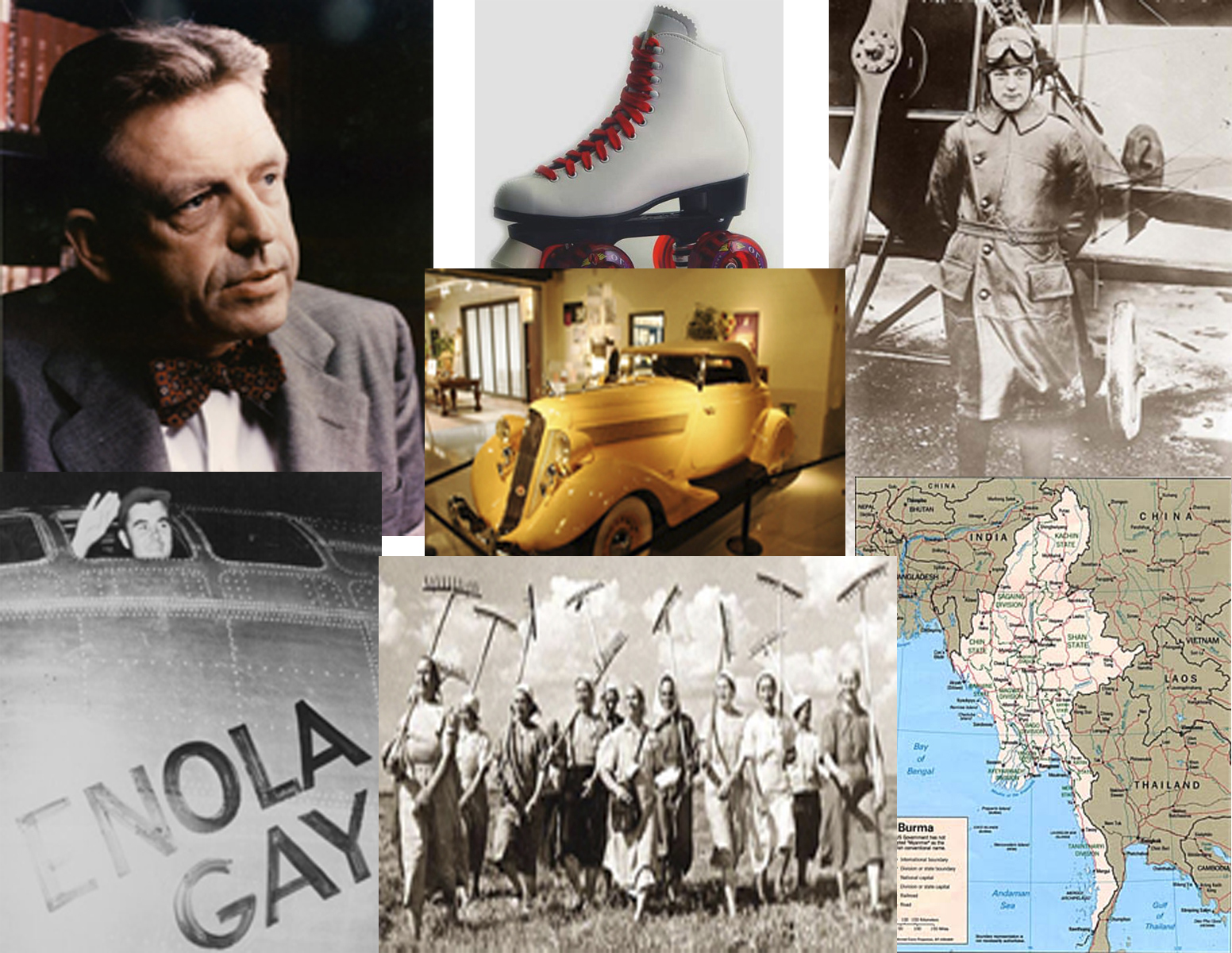Nagendra, Harini, July 02, 2014
- Component Identifier:
- 14-026
- Interviewer:
- Colom, Gloria
- Scope Note:
-
Harini Nagendra is a professor of sustainability and coordinator of the Centre for Urban Sustainability at Azim Premji University in Bangalore India. Nagendra describes her personal background that lead her to contact Elinor Ostrom while pursing postdoctoral opportunities. She received a research position at the Center for the Study of Institutions, Populations and Environmental Change (CIPEC) focusing on human-nature interactions in Asia. Furthermore, she discusses her research in collaboration with Ostrom on Bangalore urban villages and their connections to lakes such as Lake Kaikondrahhalli. Later on Nagendra discusses Elinor Ostrom's Nobel Prize and her impact on future research. There is also discussion of Elinor Ostrom and Vincent Ostrom and Nagendra's connect with them. She goes onto describe their personalities and generosity, last memories, and the Ostroms' as collectors.
- Language:
- English .
- Physical description:
- 18 pages; 2 .wav files, 66 minutes; no index
- Subjects:
- ecology
biodiversity
Nobel Prize
Social-Ecological Systems Framework - Names:
- Center of Excellence of the Study of Population, Institutions, and Environmental Change (CIPEC)
Foundation for Ecological Security
Ostrom, Elinor
Ostrom, Vincent, 1919-2012 - Places:
- Bangalore, India
Lake Kaikondrahalli, India
Nepal
Access and use
- Restrictions:
-
Open
- Terms of access:
-
The archive of the Center for Documentary Research and Practice at Indiana University is open to the use of researchers. Copies of transcript pages are available only when such copies are permitted by the deed of gift. Scholars must honor any restrictions the interviewee placed on the use of the interview. Since some of our earlier (pre-computer) transcripts do not exist in final form, any editing marks in a transcript (deletions, additions, corrections) are to be quoted as marked. Audio files may not be copied for patrons unless the deed of gift permits it, and a transcript is unavailable for that interview. The same rules of use that apply to a transcript apply to the audio interview. Interviews may not be reproduced in full for any public use, but excerpted quotes may be used as long as researchers fully cite the data in their research, including accession number, interview date, interviewee's and interviewer's name, and page(s).
- Parent restrictions:
- Access varies by interview.
- Parent terms of access:
- The archive of the Center for Documentary Research and Practice at Indiana University is open to the use of researchers. Copies of transcript pages are available only when such copies are permitted by the deed of gift. Scholars must honor any restrictions the interviewee placed on the use of the interview. Since some of our earlier (pre-computer) transcripts do not exist in final form, any editing marks in a transcript (deletions, additions, corrections) are to be quoted as marked. Audio files may not be copied for patrons unless the deed of gift permits it, and a transcript is unavailable for that interview. The same rules of use that apply to a transcript apply to the audio interview. Interviews may not be reproduced in full for any public use, but excerpted quotes may be used as long as researchers fully cite the data in their research, including accession number, interview date, interviewee's and interviewer's name, and page(s).
- Preferred Citation:
-
[interviewee first name last name] interview, by [interviewer first name last name], [interview date(s)], [call number], [project name], Center for Documentary Research and Practice, Indiana University, Bloomington, [page number(s) or tape number and side if no transcript; if digital audio and no transcript, cite time when quote occurs].
- Location of this collection:
-
Franklin Hall 0030B601 East Kirkwood AvenueBloomington, Indiana 47405, United StatesVisit Center for Documentary Research and Practice
- Contact:
- 812-855-2856
